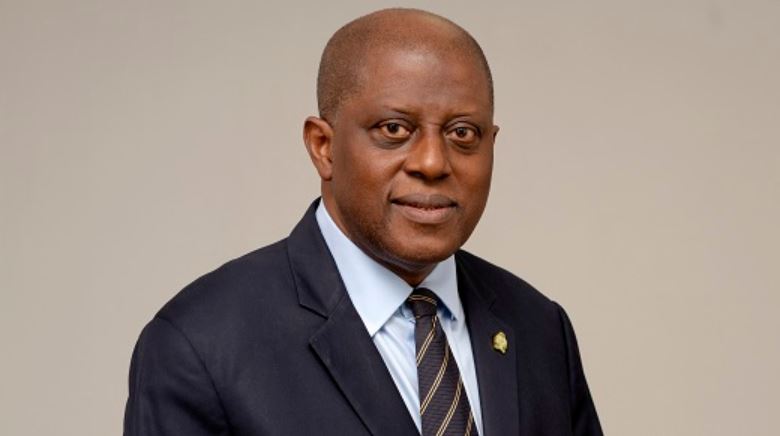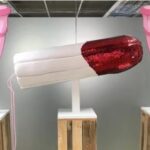Chairman of BUA Cement Plc, Dr Abdul Samad Rabiu, says foreign exchange reforms by the Central Bank of Nigeria have eliminated the need for companies to lobby for FX.
Rabiu made the remarks on Monday in Abuja during a media briefing following the 9th Annual General Meeting of BUA Cement Plc.
He described the current FX regime as more transparent and market-driven, contrasting it with previous practices that, according to him, created an artificial scarcity and forced companies to seek favours to access dollars.
“I was making a joke a few weeks ago that I’ve only seen the current CBN Governor maybe twice since his appointment. That’s because I don’t need him. “Before now, I used to visit the CBN every two weeks to lobby for FX. That was the only way to survive,” Rabiu said.
He criticised the previous FX system, where the official rate was significantly lower than the parallel market rate, noting that it created distortions and limited access for many businesses.
“The rate was N500 or N600 officially, but nobody could get it. On the street, it was closer to N1,000. It was an artificial rate,” he said.
The BUA chairman praised the current reforms for unifying the market, saying, “Now, the rate you get is what everyone else gets. You go to the bank, you get FX at the market rate.”
Rabiu expressed optimism that the naira would continue to strengthen, projecting that the exchange rate could fall to around N1,200/$ in the coming months, down from highs of nearly N2,000 earlier in the year.
He added that the stronger naira was already bringing down the prices of commodities, including cement and food items.
Addressing concerns over cement prices, Rabiu explained that the high cost of production—driven by FX volatility, energy costs, and imported equipment—contributed to recent price hikes.
He disclosed that BUA Cement had renegotiated existing service contracts in favour of local content to reduce FX exposure and drive down operational costs.













 Share on WhatsApp
Share on WhatsApp
 Share on Twitter
Share on Twitter
 Share on Facebook
Share on Facebook

